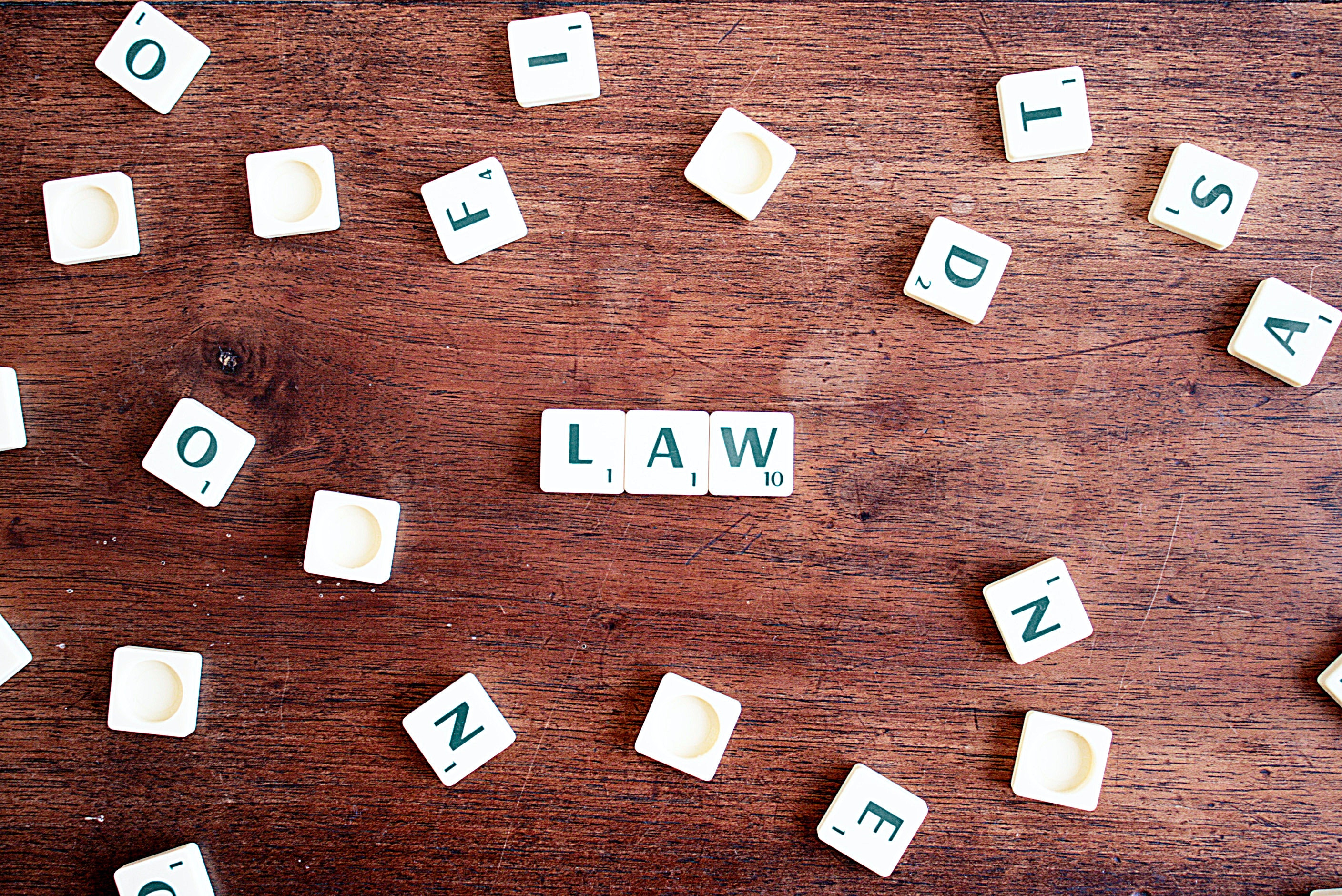
More and more offences are now dealt with by a Single Justice Procedure Notice (SJPN). Since being introduced, it has changed the way that Magistrates’ Courts operate, removing the need for a formal hearing for minor offences. But what does it mean for defendants?
WHAT SORT OF OFFENCES ARE DEALT WITH BY AN SJPN?
Broadly speaking, an SJPN is used for adult defendants accused of minor offences that cannot result in a prison sentence, such as speeding, driving without insurance, TV license evasion and train fare evasion.
However, there is a trend towards using these notices for more serious offences, including those that can reach the Crown Court.
HOW IS THE PROCESS DIFFERENT TO A NORMAL COURT HEARING?
Fundamentally, it means that you may never have to attend court and could simply be notified of the outcome once a decision is made. You will receive a Notice outlining the evidence upon which the prosecutor will rely upon for the case and the options available to you. Though there will not be a summons to a specific court date, you will be asked to respond to the Notice within 21 days.
If you plead guilty to the offence, and indicate that you would like to have the matter dealt with in your absence, a single magistrate will consider the case on the basis of the evidence submitted in writing by the prosecutor, and any written mitigation you have provided. The single magistrate can convict and sentence, or dismiss the charge, as appropriate.
This process also applies should you fail to respond to the notice. Anyone who pleads not guilty will see their case referred to a full court.
CAN I STILL HAVE MY HEARING IN COURT?
You do have the right to request a traditional hearing in open court. This request should be included in the response to the Notice. In many cases, it is appropriate to ask a solicitor to respond on your behalf rather than complete the forms yourself.
Equally, if the magistrate considers that the single justice procedure would be inappropriate for your case, they can refer it to a traditional court.
AM I BETTER OFF PROVIDING WRITTEN MITIGATION OR REQUESTING A COURT HEARING?
It depends on the individual case. It is worth noting that under the Single Justice Procedure, the court will follow the sentencing guidelines quite rigidly.
In more straightforward cases it is possible that written mitigation outlining your reasons for offending would be sufficient. However, defendants with unusual mitigation usually fare better by attending a court hearing, because the court has more discretion by which to assess your case.
If you think that the mitigation in your case is such that you might reasonably be able to receive a conditional discharge or absolute discharge, then you should request a court hearing. If you fall into this category then it is a good ideal to have your mitigation presented professionally by a solicitor.
WHAT ARE THE SENTENCES THAT A SINGLE JUSTICE CAN HAND DOWN?
The options available for offences are outlined in the sentencing guidelines. This often involves a fine, but can include other sanctions. This is particularly true for driving offences, which can lead to penalty points on your licence.
Those who passed their test less than two years ago are in a precarious position, as reaching six penalty points will lead to the DVLA revoking their licence automatically.
However, the court are not able to ban you from driving via the Single Justice Procedure. If the offence was deemed serious enough to be considered for a driving ban, the case would be referred to a full court hearing.
WHEN SHOULD I CONSIDER PROFESSIONAL SUPPORT?
If you believe that you are not guilty, committed a less serious offence than outlined in the Notice, or have exceptional mitigation, you should consider discussing your plea with a solicitor.
Whether you are looking for support in entering your plea via post or you require representation at a trial, we can help. Our expert solicitors have a great deal of experience with the Single Justice Procedure, including overcoming the most common obstacles people encounter. With our help, you can greatly enhance your chances of getting the outcome you deserve.
Find out more about our criminal defence and advocacy services
- UK Motoring Offence Stats: A Closer Look at the Numbers - October 26, 2023
- Are Sat Navs Excuses for Motoring Offences? - October 4, 2023
- Is divorce always 50/50? - August 2, 2023


Leave a Reply
You must be logged in to post a comment.